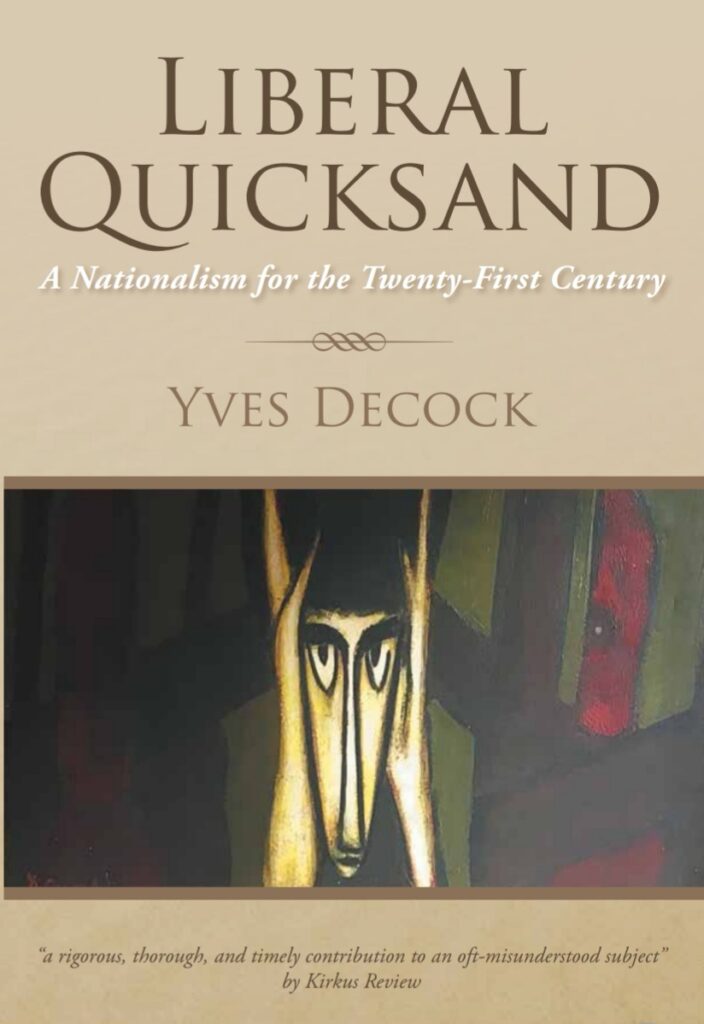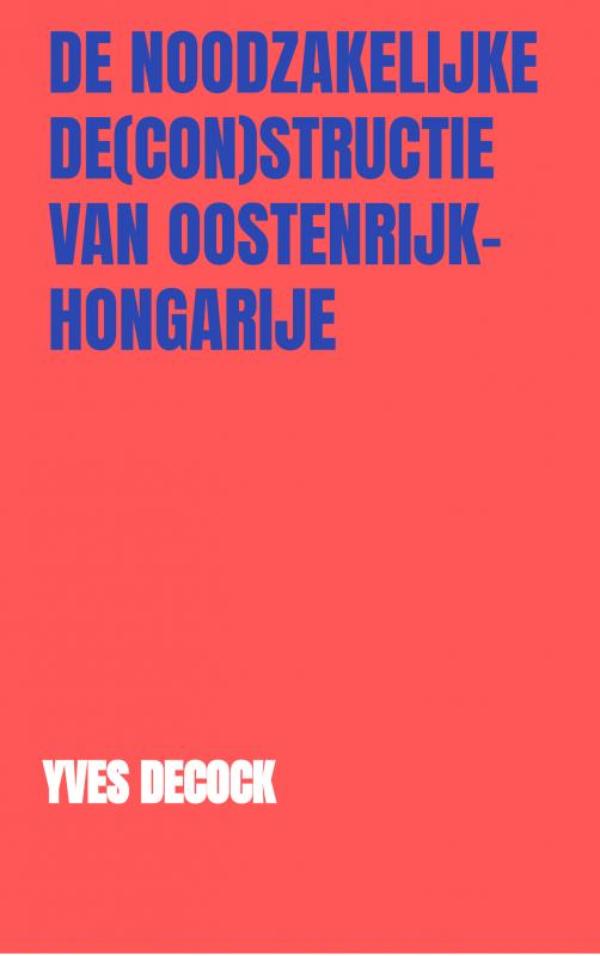gepubliceerd – published (but only in Dutch) : 20/06/2021
“DE NOODZAKELIJKE DE(CON)STRUCTIE VAN OOSTENRIJK-HONGARIJE”
This is the successor of :
“Verblind door universalisme” (only in Dutch); see posts 38, 39 and 43
“Liberal Quicksand”
On “Liberal Quicksand”

In this book, which was first published in 2016 and republished in 2019, I demonstrated that the version of history according to which Europe rejected nationalism after World War Two and subsequently started the European project, which brought uninterrupted peace from then on, is nothing but a fairytale. In this book this version of history is unmasked.
First, Europe did not desert or transcend nationalism after 1945. On the contrary, since 1800 the nationalist programme, based on linguistic divsisions, has been implemented continuously, also after World War Two. Not the rejection of the nationalist prorgramme but its nearly full implementation is the basis of the lasting peace in Europe since 1945. The delineation of linguistically homogeneous territories is the precondition to create a truly Lockean democracy. Second, nationalism is in the first place a strong emancipatory force which is intrinsically connected with the liberal developments at the end of the eighteenth and in the middle of the nineteenth century.
An appreciation of the emancipatory role of nationalism and of the contribution of nationalism to the current structure of Europe is a necessity to be able to deal adequately with the issues the modern world is thrusting upon Europe and to assess the form a political entity called ‘Europe’ might take.





